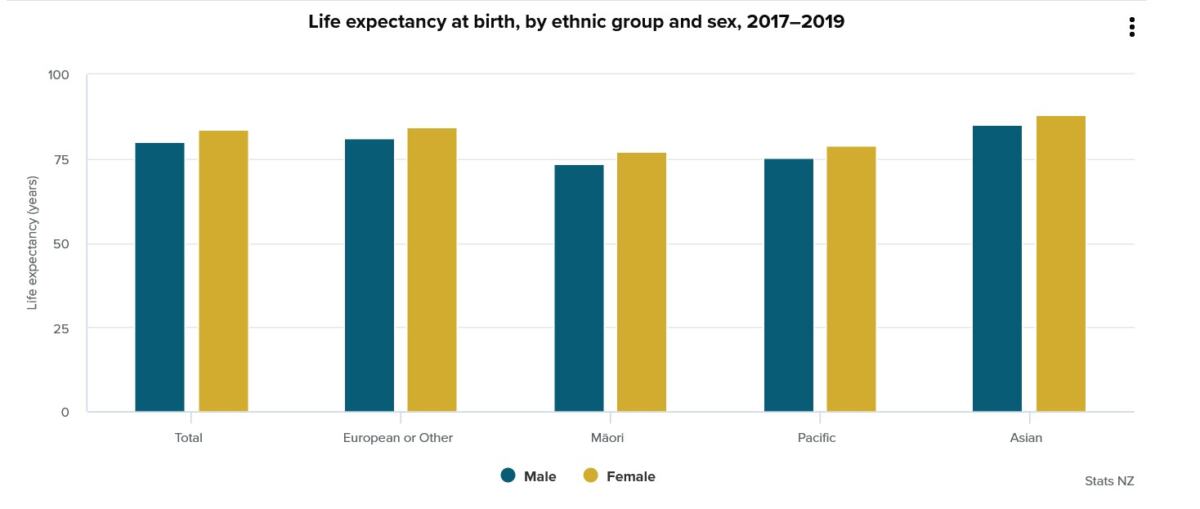Māori health matters
Wellbeing Budget 2023 comes up shorthanded with renewed calls for free GP visits for Māori falling on deaf ears. Expert asks where the equity in policy is when preventable illness and mortality rates are still disproportionately high.
By Benji Allen Journalism Student – Wintec | Te Pūkenga

A Māori health expert says that preventable illnesses and poor primary care accessibility are costing the country over $800 million annually.
Senior Lecturer in Hauora Māori, Dr Esther Willing, from Otago University says that despite the research being well known by those in the field there’s very little being done about it.
“These inequities are being created and maintained by decisions now.”
Dr Esther Willing
Hon Grant Robertson’s Wellbeing Budget 2023 offers to scrap the $5 prescription charge at a cost of ~$619 million over four years, citing that over 120,00 adults had failed to collect their scripts due to cost in 2022.
There’s a $20 million increase in spending to improve health equity for Māori and Pacific peoples.
Dr Willing said, “It is a budget that is trying to make the cost of living easier for people who are struggling without actually increasing their incomes and ability to spend which might push inflation up.”
“Free prescriptions and subsidising childcare for tamariki between 2 and 3 years of age are both really good policies to do that.”
Dr Willing uses her research to promote Māori health awareness and to ‘bust myths’ surrounding giving appropriate care to Māori. She believes that giving free access to GPs and dentists to Māori (and everyone) will save money, reduce inequities and give Māori fairer life expectancies.
Often seen as ‘Pākehā losing out, or Māori gaining greater privilege than Pākehā’ Dr Willing suggests the reality is stark for researchers and practitioners who want to encourage equitable health initiatives with “a government that neglects to act on a failure of governance and kāwanatanga,” she said
“The increase in spending allocated [in the budget] for health and education will not address the chronic workforce shortages and low wages in both of those areas.”
Dr Willing believes that with free primary care the workload on high-needs/hospital care will reduce, costing less for taxpayers long-term.
The Cost of Doing Nothing research group, which Dr Willing is a part of, looks at the cost of health inequities the New Zealand health system faces. Their 2022 paper highlights a yearly cost of $823.4 million to the taxpayer because of life years lost or wages lost from preventable illnesses that are typically treated in Pākehā.
“I think even when we have data that shows a higher level of Māori health need, it’s not shaping decision-making by the government,” Dr Willing said.
The New Zealand government took steps to improve healthcare access and outcomes for Māori in 2022 updating the Māori Health Strategy with a $168 million investment (across four years) in establishing Te Aka Whai Ora – the Māori Health Authority. This strategy attempts to consider the kaupapa or principals of Māoritanga.
However, Stats NZ has consistently reported almost decade-wide gaps between Māori and Pākehā life expectancies.
As of 2019, Māori women may expect to live until 77 years old while Pākehā women may expect to push 84.5 years old. Similar figures used in the 2023 Wellbeing Budget suggest little to no change in 2022.

The 2023 Budget also introduces “baseline funding reallocated to support the health needs of New Zealanders. $99 million has been put towards winter 2023 and $118 million allocated to reduce waiting lists by freeing up inpatient hospital beds.”
In the past three months, there have been government initiatives to get one million Kiwis speaking te reo by 2040 and increased funding for Māori and Pasifika education programmes and schools.
Aotearoa prioritises portraying a positive image of bi-cultural society. The 100% Pure New Zealand website is an example of how we pitch ourselves to the world through our ‘rich culture’.
Yet on the flip side, Māori mortality rates have never been near or equal to their Pākehā counterparts since records began. It’s a recurring story, and it is often ‘neglected by politicians for fear of upsetting Pākehā voters’.
The recent display Phil Goff made toward the Kīngitanga at King Charles’ coronation reflects a ‘systemic forgetfulness’ of the subtle discrimination faced by Māori. Dr Willing said, “The cultural faux pas by Goff highlights for me […] how poor the understanding of Te Ao Māori is for many New Zealanders.”
“As a Māori New Zealander who grew up walking in two worlds, Te Ao Māori and Te Ao Pākehā, we learnt the expected customs of Pākehā from a young age. But many Pākehā make light of their failure to respect the nuances of Te Ao Māori,” She said.
Appropriate primary health care for all New Zealanders is set to be relevant question in the upcoming election.




